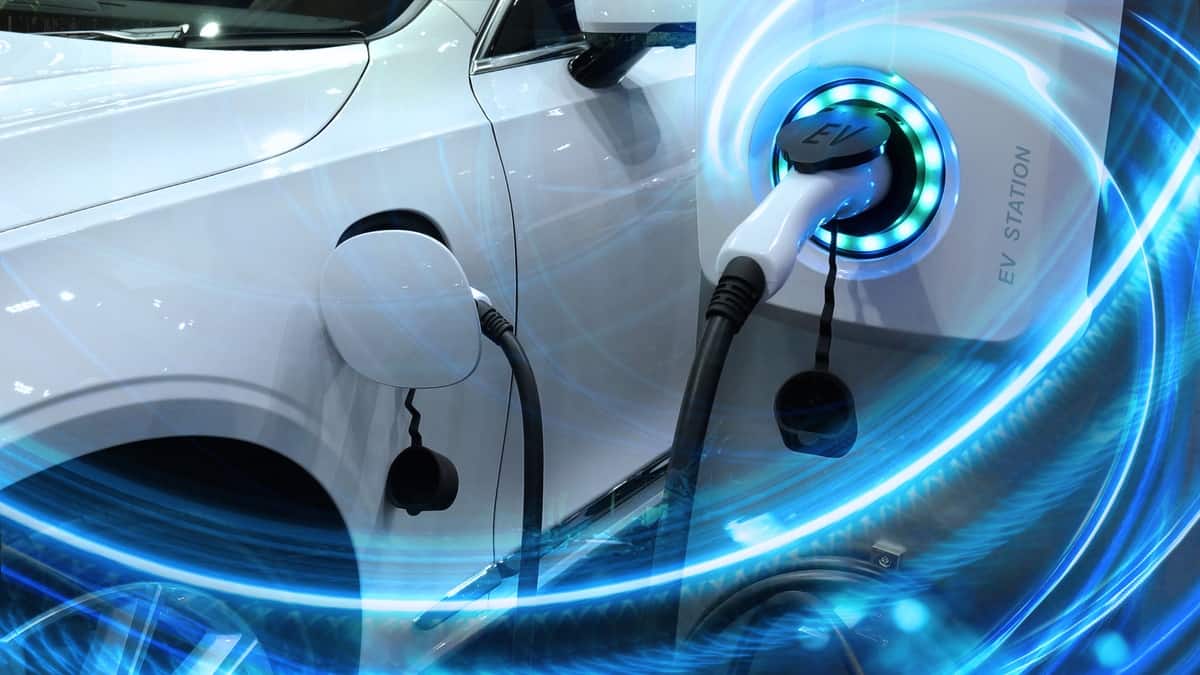Japanese automotive giant Toyota recently announced the development of its innovative solid-state battery as part of its intensified electric vehicle strategy.
Remarkably, the company expects this battery technology breakthrough to cut the weight, size, and cost of its current batteries by 50%.
Below are the top 5 facts regarding Toyota’s newly developed solid-state battery goals to help you better comprehend this emerging battery type:
1. Toyota to develop a 900-mile range EV through solid-state batteries
Customers” concerns over limited driving range have long hindered the wide adoption of electric vehicles. In response, Toyota aims to produce 100% solid-state batteries for its EVs that can support a driving range of more than 900 miles. It is indeed a significant development as EPA’s longest recorded EV range is just 516 miles as of April this year, which is the 2023 Lucid Air Grand Touring. However, Toyota’s solid-state batteries are still undergoing the necessary R&D process, with plans to begin production by 2027.
2. Toyota to make batteries cheaper, charge faster and store more energy
Toyota’s production of its all-solid-state batteries (ASSBs) includes two batches. The first batch of production will start from 2027 to 2028. It will offer a driving range of 740-mile range and a charging speed of 10%-80% in just 10 minutes.
The second batch of production will begin after 2028. It can offer a driving range of up to 930 miles. However, the company has yet to disclose its charging capacity.
| Battery | Type | Production Start | Driving Range, miles (approx.) | 10%-80% Charging Time (approx.) |
|---|---|---|---|---|
| Current (bZ4X) | Prismatic Monopolar Li-ion | 2022 | 380 | 30 mins |
| Next-generation Performance | Prismatic Monopolar Li-ion | 2026 | 620 | 20 mins |
| Next-generation Popularization | Bipolar Lithium Iron Phosphate | 2026-2027 | 450 | 30 mins |
| Bipolar/Performance Fusion | Bipolar Li-ion w/ High Nickel Cathode | 2027-2028 | 680 | 20 mins |
| All-Solid-State, First Batch | ASSB | 2027-2028 | 740 | 10 mins |
| All-Solid-State, Second Batch | ASSB | post-2028 | 930 | N/A |
3. Toyota to offer safer battery tech through its solid-state battery
The traditional li-ion batteries pose safety concerns as they store their electrical charge in a liquid electrolyte, which is a highly flammable material. It is prone to fire risks, particularly when the battery overheats or suffers an electrical short circuit causing thermal runaway. Alarmingly, water cannot simply extinguish fires from electric vehicles; combining it with lithium generates more hydrogen gas.
In contrast, Toyota’s ASSBs utilize solid and non-flammable electrolytes to store their electrical charge. Therefore, it will be impossible to suffer leaks, even if they get punctured.
4. Toyota to optimize battery production through its ASSBs
Toyota expects the development of innovative solid-state batteries to cut its battery’s weight, size, and cost by 50%, as mentioned above.
Therefore, solid-state batteries will pave the way for EV models with smaller battery packs with the same high level of energy density. It will also make EVs more affordable once it hits mass production.
5. Toyota to produce 1.7 million EVs annually by 2030
Toyota’s solid-state battery technology will undoubtedly aid the company in reaching its annual production target of 1.7 million units by 2030. It will provide the company with another battery technology option, avoiding shortage and offering a higher energy density.
See Also:
- Toyota develops solid-state batteries to boost its electrification efforts
- Toyota to launch a manual electric sports car
- Toyota secures $850M subsidy to boost local battery output
- Toyota income falls amid supply chain chaos, soaring prices
- Solid-state battery innovation to revolutionize electric vehicles
Toyota has long been a laggard when it comes to electric vehicle adoption. However, it seems that the company has realized the importance of battery-powered vehicles for the environment and its business prospects.

